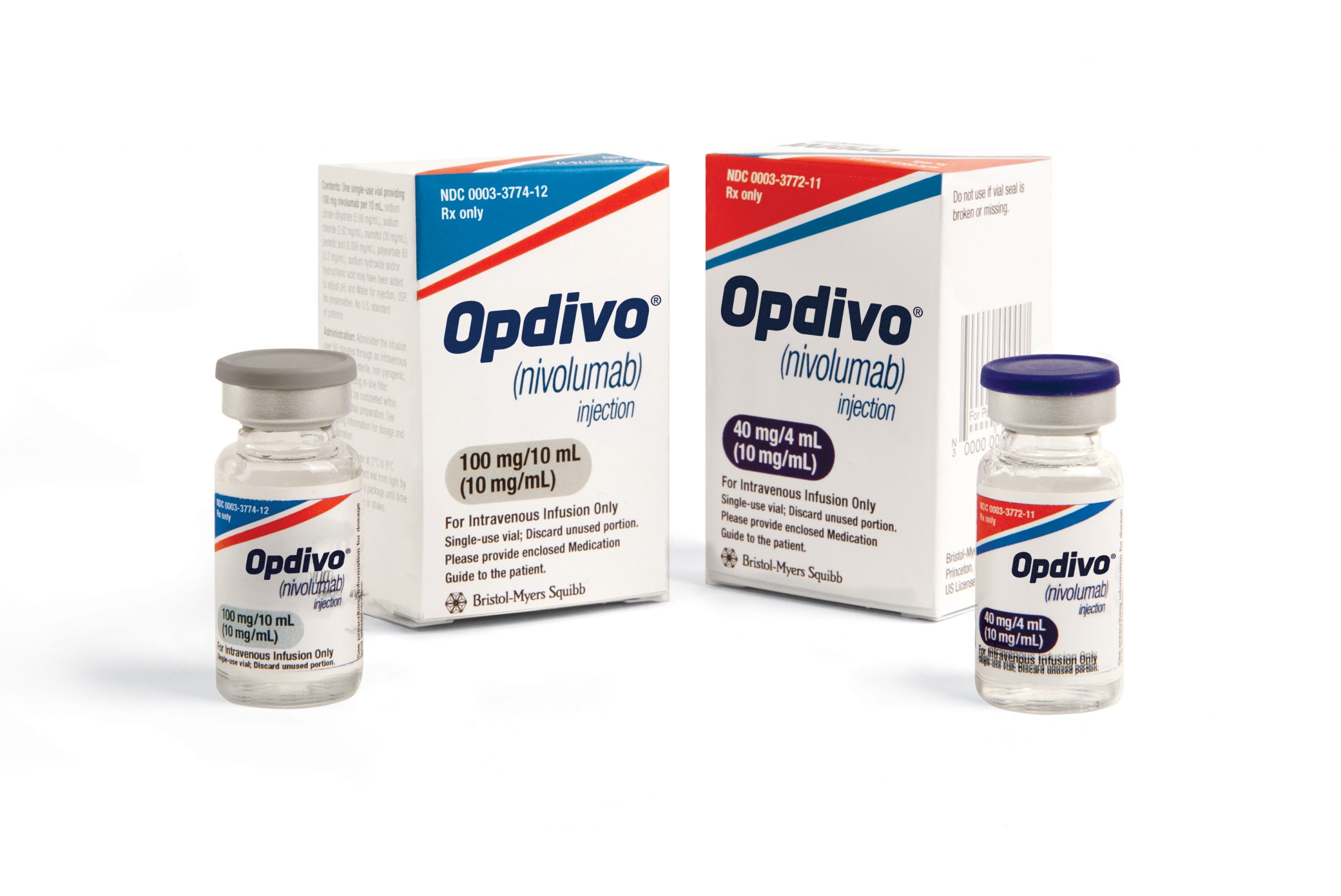BMS and Infinity look to boost Opdivo in lung cancer

Bristol-Myers Squibb is continuing with its research in lung cancer following a costly trial disappointment earlier this year, by combining Opdivo with an early-stage booster drug from Infinity Pharmaceuticals.
BMS is still licking its wounds from a shock Opdivo (nivolumab) late-stage trial failure in first line lung cancer – a lucrative indication where Merck & Co’s rival Keytruda (pembrolizumab) has been shown to be superior to chemotherapy.
BMS and the Massachusetts-based biotech plan to test Opdivo in combination with Infinity’s phase 1 drug IPI-549, the only drug of its kind in clinical development.
If all goes well, the companies hope to investigate the combination in solid tumours including lung cancer, skin cancer, and head and neck cancer.
IPI-549 is an oral immuno-oncology drug designed to selectively inhibit phosphoinositide-3-kinase (PI3K)-gamma.
Preclinical data suggest IPI-549 may enhance the effects of checkpoint inhibitors like Opdivo.
It may also reverse tumour resistance to Opdivo by targeting immune cells and altering the immune-suppressive microenvironment around tumours.
The companies hope that pairing Opdivo and its ability to turn the immune system against cancer, with IPI-549’s boosting effect, will produce improved efficacy and tolerability compared with standard of care.
Infinity has already begun a phase 1 study of IPI-549 as a monotherapy, and the dose escalation proportion of this trial will continue.
A dose-escalation cohort studying IPI-549 in combination with Opdivo will begin this autumn.
Then an expansion phase is planned to evaluate the combination in patients with selected solid tumours, including non-small cell lung cancer, melanoma, and squamous cell carcinoma of the head and neck.
First approved in advanced melanoma almost two years ago, Opdivo has already been approved in four other indications in the US including bladder and in second line advanced lung cancer, adding to sales with every new use.












